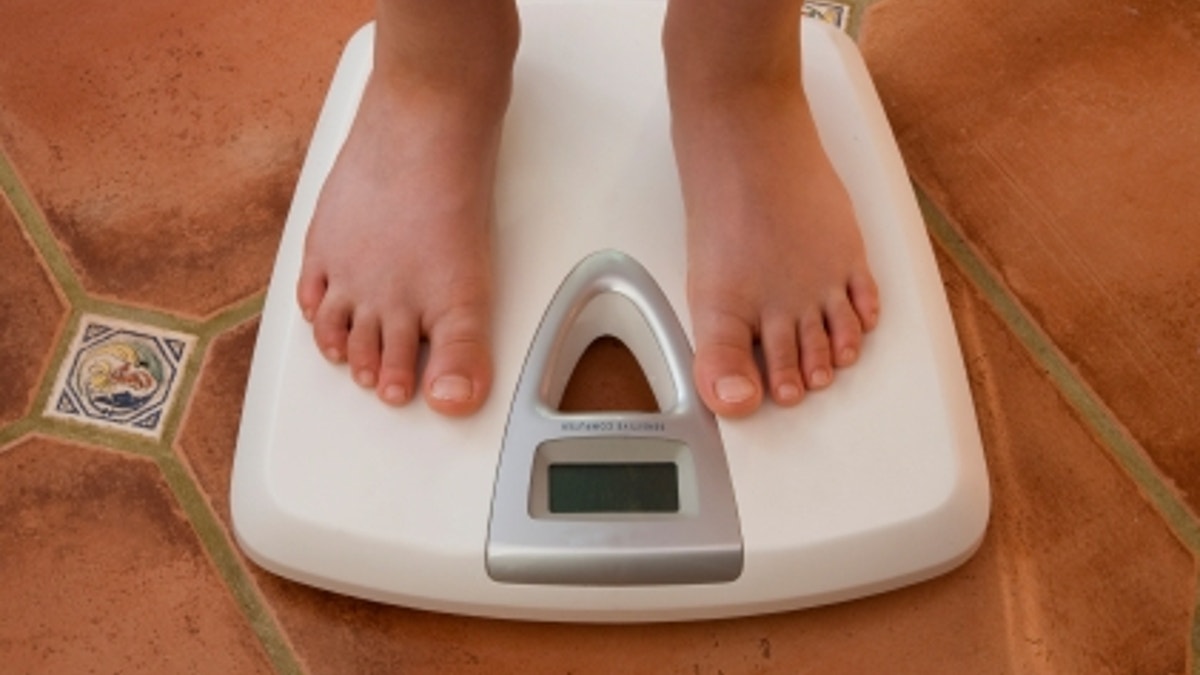
It may seem like stating the obvious, to those of us who work with overweight and obese children, however, the American Heart Association just released a scientific statement about the role of parents, families and caregivers in the treatment of obese kids.
Practice what you preach
Among the most important message: parents need to lead by example. It is entirely unrealistic for children to change their food and physical activity behaviors on their own… children do not make food purchases for the home or decide family schedules. In many cultures, family meals (on weekends) are an all-you-can eat buffet filled with the notion of “cleaning your plate.” This eating behavior may be less effective than portioning, limiting energy dense foods and even eating with smaller plates, bowls and utensils.
Beyond “eat less move more”
According to lead author, Myles S. Faith, chair of the AHA’s statement writing group and associate professor of nutrition at the Gillings School of Global Public Health, University of North Carolina, Chapel Hill, “parents and health professionals caring for obese youth want concrete recommendations – a better ‘game plan’ – for guiding them in behavior change.” This was a chance to see what was already in the literature and where there were gaps for needed research.
Technology may be helpful
The general message of limiting technology time has been well established. The American Academy of Pediatrics recommends no more than two hours of technology (tush time) per day (not including school). Research shows that kids without a television in their bedroom have higher BMIS than those without. Computers and smart phones may be beneficial in self-monitoring and goal setting for children and their parents. Games such as Dance Dance Revolution along with Wii Fit and a host of others get kids and even adults up and moving. In lieu of blaming technology for being a culprit, perhaps viewing it as an opportunity to reach children and teens in the medium they understand may be the best way to communicate healthful behaviors.
It starts in infancy
Prevention is always best, but overweight and obesity are already a problem. How many parents can admit that they rushed to feed their infant solid foods (i.e. at four months) to calm a fussy baby or to help them “sleep” longer – versus waiting until six months of age? From infancy, we have used food and beverages to quiet down children – despite real hunger and satiety cues, because let’s face it – infants can’t talk. Pediatricians can be critical in the education of parents and caregivers in the optimum feeding and physical activity behaviors for raising healthy children. Daycare centers, WIC and even grandparents can play a positive role in influencing health outcomes in children.
“Calorie-Literate” families
Faith adds, “Teaching families to identify how many calories they take in from food, and burn during exercise, is a core component to most family treatment programs that have been studied. Parents and children become more ‘calorie-literate’ in a sense, so they better understand how many calories are in a burger vs. apple vs. water bottle. This knowledge sets the stage for behavior change, and can be an eye opener for many parents.”
Some have criticized the attention to calories as the breeding ground for disordered eating, but Faith said this was not an issue in obese families. Recently, an advertising campaign in Georgia (www.strong4life.com) received harsh comments about its aggressive messaging about childhood obesity. The important thing that parents, caregivers and even pediatricians need to know: ignorance and denial of overweight and obesity in children will not make it go away. Overweight and obese children seldom outgrow it and carry that weight and all its health consequences into adulthood.
Felicia D. Stoler, DCN, MS, RD, FACSM is a doctorally trained registered dietitian, exercise physiologist, TV personality and expert consultant in disease prevention, wellness and healthy living. She is the author of "Living Skinny in Fat Genes: The Healthy Way to Lose Weight and Feel Great." She hosted TLC's groundbreaking series "Honey We're Killing the Kids!" Become a fan of Felicia on Facebook, follow her on Twitter or visit her website FeliciaStoler.com
